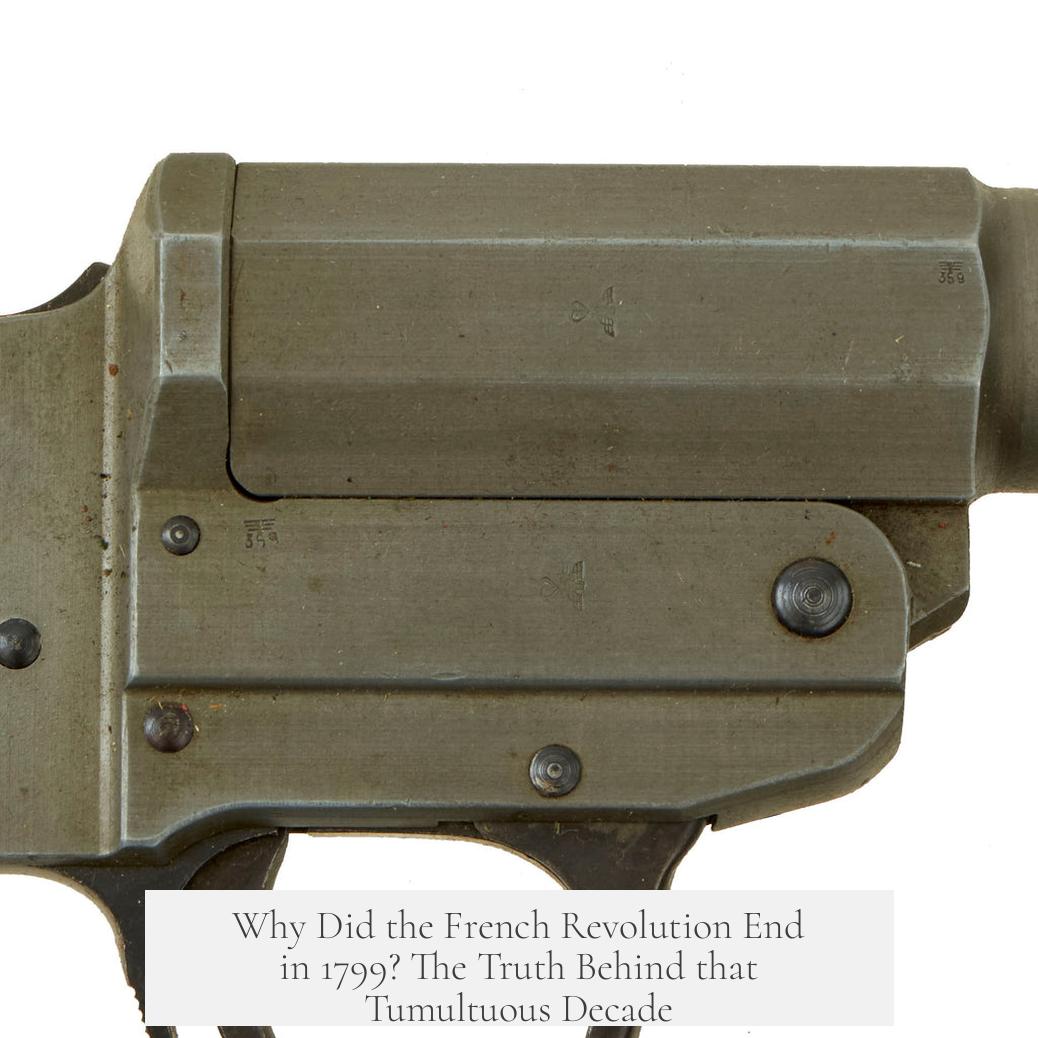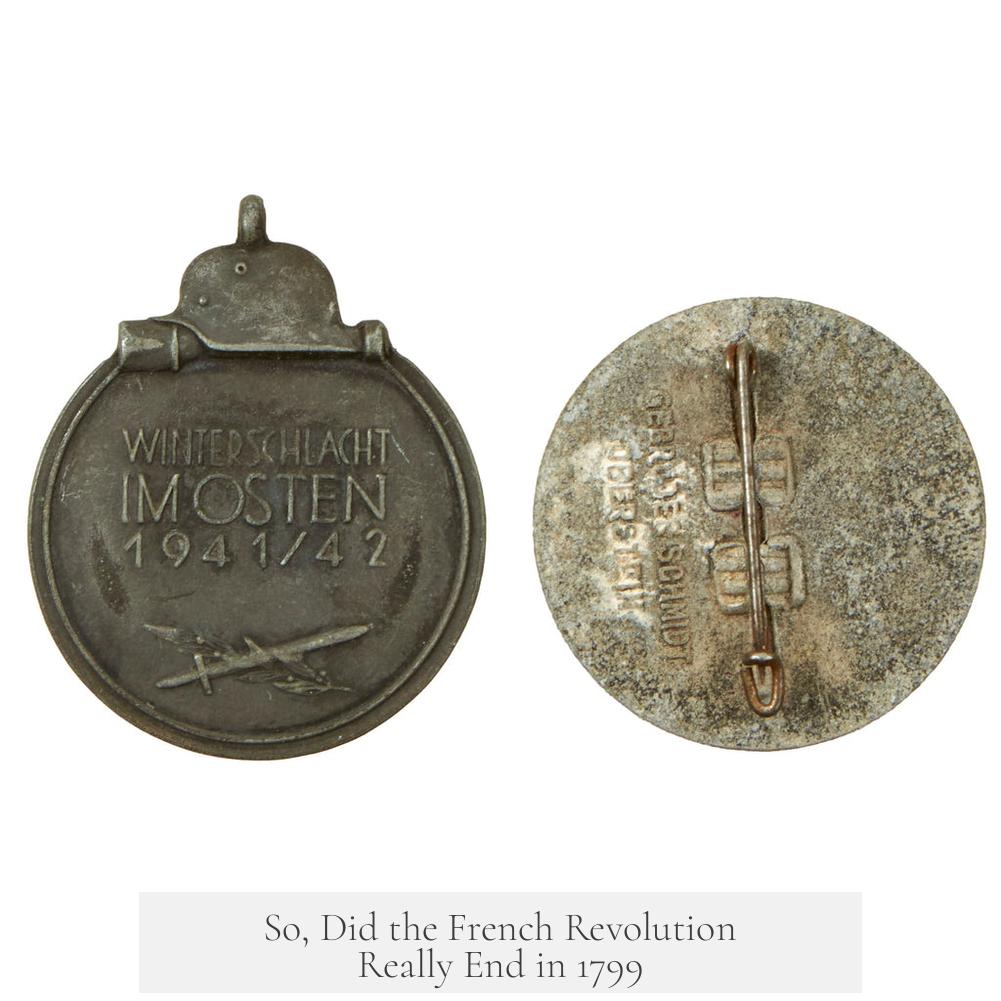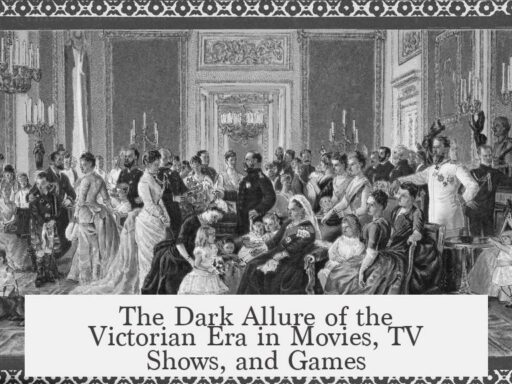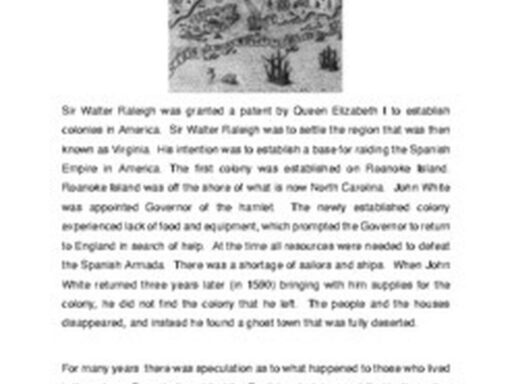The French Revolution is commonly said to have ended in 1799 due to the overthrow of the revolutionary government and the rise of Napoleon Bonaparte. This year marks the transition from revolutionary rule to Napoleon’s dictatorship, which effectively ended the era of republican upheaval and introduced a new political regime.
The Revolution, which spanned roughly from 1789 to 1799, consisted of multiple phases and shifts in power. It is more accurate to view it as a series of interconnected revolutions rather than a single event. This complexity makes pinpointing an exact end date difficult. Nevertheless, 1799 is significant because it is the year Napoleon carried out the Coup of 18 Brumaire, dismantling the Directory government established after the Reign of Terror and instituting the Consulate.
By 1799, revolutionary governments faced instability, internal divisions, and external wars. Napoleon’s coup, supported by key political figures, ended the revolutionary government replacing it with a regime centered on his authority. Though France was still officially a republic, Napoleon wielded dictatorial power, setting the stage for his later title as Emperor in 1804.
Alternative views suggest different end points for the Revolution:
- 1794, when Maximilien Robespierre was executed, ending the Reign of Terror.
- 1804, when Napoleon crowned himself Emperor, formally ending the republic and restoring monarchical-style rule.
- 1815, with the Bourbon Restoration, marking a return to the pre-revolutionary monarchy.
Napoleon’s rise did not simply undo the Revolution’s achievements. His Civil Code codified the abolition of feudal privileges and enshrined legal equality, continuing core revolutionary ideals. Administrative reforms unified France and spread revolutionary principles across Europe under French influence. His rule is often seen as completing the Revolution’s goals rather than erasing them.
| Year | Event | Significance |
|---|---|---|
| 1794 | Execution of Robespierre | End of the Terror, some consider this the Revolution’s end |
| 1799 | Coup of 18 Brumaire | Napoleon seizes power; revolutionary government removed |
| 1804 | Napoleon crowns himself Emperor | Formal end of republican rule, rise of the Empire |
| 1815 | Bourbon Restoration | Monarchy restored after Napoleon’s defeat |
- 1799 marks the end of revolutionary government via Napoleon’s coup.
- The Revolution included multiple phases, making the concept of a single end date complex.
- Napoleon preserved many revolutionary ideals, such as legal equality and the abolition of feudalism.
- Alternative end dates acknowledge different significant political changes during this period.
- The Revolution’s legacy extended into the Napoleonic era through reforms and European influence.
Why Did the French Revolution End in 1799? The Truth Behind that Tumultuous Decade

The French Revolution is widely said to have ended in 1799—but is that really the whole story? It might feel nice to have a neat ending, but history rarely works like that. The truth is, the Revolution was not a single, clearly defined event but a whirlwind of upheavals, rebellions, and political shifts stretching over a decade. So, why do so many mark 1799 as the Revolution’s endpoint? Let’s dive in and unravel this complex tale.
First, let’s get one thing straight. The French Revolution wasn’t just one revolution but a series of interconnected convulsions—the “French Revolutions,” if you will. Lovers of neat timelines beware! Historians debate if it ever truly “ended” in a fixed year. In reality, the idea of slamming a period shut with an official end date serves modern convenience more than historical accuracy.
History flows; it doesn’t stop abruptly like a Netflix series finale. Those who lived through the late 18th century in France had no idea they were witnessing the end of a “Revolution” as if it were a package delivered on a specific day. The era blended chaos, reform, and terror so tightly it’s like trying to untangle spaghetti with chopsticks.
Why 1799? The Overthrow and Napoleon’s Coup
Many historians agree on 1799 because that year marks a definitive political power shift. The Revolutionary government—the last official body formed by the revolutionaries—was toppled. This overthrow wasn’t some random act by angry mobs but a calculated coup orchestrated by France’s top officials, with the one and only Napoleon Bonaparte leading the charge.
On November 9, 1799, Napoleon pulled off what is known as the Coup of 18 Brumaire (named after the French Revolutionary Calendar). This event didn’t just shake the government; it essentially ended the chaotic Revolutionary republic in practice.
Napoleon didn’t immediately call himself Emperor—that came later—but he became the supreme authority, signaling that the revolutionary government had lost control. While he kept the façade of a republic, Napoleon ruled like a dictator, effectively bringing an end to the Revolution’s turbulent experiments in democracy.
A Quick Detour: Other ‘Endings’ to Consider
But hang on, not everyone agrees with 1799.
- Some say the Revolution ended earlier, in 1794, with the death of Robespierre, the infamous leader of the Reign of Terror. That brutal period ended, and some order was restored.
- Others push the date to 1804, when Napoleon crowned himself Emperor. This dramatic moment didn’t just mark his new title but symbolized the official end of republican rule in France, switching gears back to monarchy-style control.
- Still, a few argue the Revolution’s echoes didn’t fully fade until 1815 when the Bourbon monarchy was restored after Napoleon’s defeat.
Each date highlights a different lens through which to view the Revolution’s end. Is it the fall of radical revolutionaries? The rise of dictatorial power? Or the last gasp of monarchical rule? All are valid perspectives, showing how slippery history can be.
Napoleon: The Man Who Both Ended and Continued the Revolution
Napoleon is often boxed as the dictator who brought the Revolution to a close. But that’s a bit simplistic.
In reality, Napoleon’s legacy intertwined with revolutionary ideals like equality under the law and the abolition of feudal privileges. His Civil Code (also known as the Napoleonic Code) solidified these principles, legally binding the changes the Revolution strove for but never fully secured.
Thanks to Napoleon, France got a unified legal system and administrative reforms that held the country together. He also exported these revolutionary ideals to parts of Europe France controlled: the Low Countries, Germany, Italy, even as far as Croatia. So, despite ending the Revolution’s political phase, Napoleon advanced its social and legal goals.
Does that make him the Revolution’s last champion or its end? Maybe a bit of both.
So, Did the French Revolution Really End in 1799?

It’s tempting to want a clean stop date, but the Revolution’s “end” is more like a winding road than a cliff. 1799 stands out mainly because it marks a radical shift in power from a revolutionary government to a new authoritarian regime under Napoleon.
It is the moment when the “old guard” gave way to a new order—in many ways a continuation but in many ways a new chapter. The shift from republican chaos to Napoleonic dictatorship provides a clear dividing line.
Yet, looking deeper, the ideas ignited by the Revolution didn’t end there. They simmered, evolved, and spread. Napoleon carried the flame, though he flicked it in a new direction.
In historical reality, history rarely offers tidy start-and-end points, especially for something as monumental as the French Revolution. So, next time someone insists it ended in 1799, smile knowingly. Remind them that a revolution, much like a good story, doesn’t always close its book in just one chapter.
Final Thoughts: What Can We Learn?
The French Revolution teaches us about the messy nature of change. Revolutions are rarely swift or linear. They are complex waves of ideas, violence, reform, and leadership struggles.
Marking 1799 as the end helps us frame this wild decade. But embracing the ongoing nature of Revolutionary change offers a richer understanding. It encourages us to see historical moments as moments of transformation, not abrupt stops.
And in the spirit of the Revolution itself, maybe it’s more valuable to focus on the ideas that endure—equality, justice, and reform—than to pin a date on their supposed end.
Now, tell me, what do you think: Was the French Revolution truly over in 1799, or just changing players on the stage? Feel free to debate—the Revolution is not exactly known for its quiet conclusions!
Why is 1799 commonly marked as the end of the French Revolution?
1799 is often noted as the end because Napoleon’s coup overthrew the revolutionary government. This coup ended republican rule and shifted power to Napoleon, marking a clear political change. However, the exact end date is debated.
Did the French Revolution truly end with Napoleon’s rise?
Napoleon maintained the Republic’s name but ruled as a dictator. His rise shifted France from revolution to empire. Some argue the Revolution’s ideals lived on, though the political system changed drastically in 1799.
Why do some historians argue the Revolution ended before or after 1799?
Some say it ended in 1794 with Robespierre’s death, marking the Terror’s end. Others point to 1804, when Napoleon crowned himself Emperor, or even 1815 with the Bourbon Restoration, reflecting political restoration to old regimes.
How did Napoleon continue some revolutionary principles?
Napoleon preserved key ideals like equality before the law and abolished feudal privileges. His Civil Code unified France legally and spread these changes across Europe, showing that not all revolution goals ended in 1799.
Why is it difficult to define a single end date for the French Revolution?
The Revolution involved multiple phases and revolts over years. Defining one end ignores its complex nature. Historical periods like this blend over time, making fixed start or end dates more convenient than precise.




